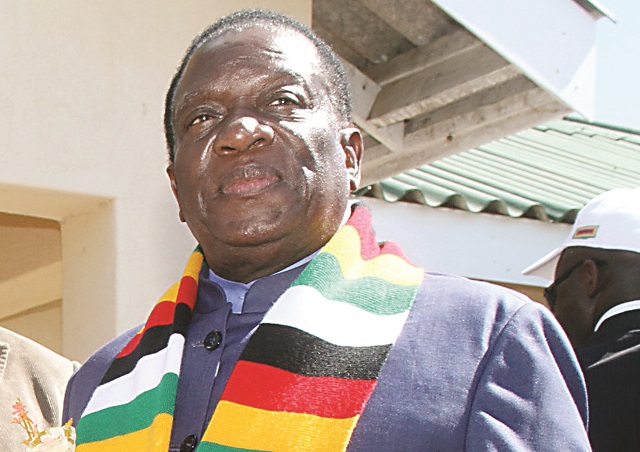African governments urged to deal with fiscal indiscipline
Prosper Ndlovu, Business Editor
FISCAL indiscipline and endemic disregard for competitive advantages remain major barriers to Africa’s economic growth, resulting in stunted development and lopsided global trade ties that favour offshore trading partners.
The urgent need to deal with these limitations in the region, alongside other constraints such as high debt burden, restrictive legislation and reliance on primary industries, dominated discussion during last week’s 2018 annual meetings of the African Development Bank (AfDB) Group in Busan, Republic of Korea.
Participants who included regional policy makers, private sector representatives and a diversity of technocrats, advocated a series of structural reforms, including strategic investments in key sectors including agriculture, infrastructure, education, and small and medium enterprises so as to catalyse growth.
Former governor of Nigeria’s Central Bank, Muhammadu Sanusi II, who is also the Emir of Kano, said regional integration would effectively take shape if member states collectively undertake requisite structural reforms.
These should buttress a common agenda that is focused on promoting socio-cultural and commercial interests of Africans and uplifting Africa’s trade and economic ecosystem, he noted.
“Africa’s economic transformation will be best achieved through fast-tracking regional cooperation and the execution of hard-nosed structural reforms that focus on the development of the continent’s human capital and material resources,” said Emir Sanusi II.
An economist and financial risk expert, traced Africa’s post-colonial economic woes to the continent’s “fiscal indiscipline and endemic disregard for its competitive advantages”.
For these reasons, he asserted, Africa’s development was “stunted” and its global trade ties “lopsided” in favour of offshore trading partners.
“Nine out of every 10 countries in Africa have huge trade deficits with China, but Asia developed mostly on domestic investments and resources,” he noted, underscoring the need for African governments to invest in and promote creativity and indigenous enterprise.
The Emir shared insight about revamping African regional integration, trade and economic relations with executive directors and governors of the bank, comprising finance, budget and economic planning ministers from member nations.
He called for deliberate industrial diversification noting that China, a major trading partner to Africa, has begun to move its mega-sized manufacturing capabilities out of low-cost industries.
The meeting also called on African governments to eradicate constitutional provisions and structures that increase the cost of governance at national and sub-national levels, manage demographic growth, and revamp and harmonise moribund and ineffective customs and excise duties that promote cross-border smuggling and revenue losses to governments.
Sanusi II said Africa’s debt burden continues to inhibit capital investment in industrialisation and lamented misallocation of resources.
He said Africa also needs to project a positive perception through improved transparency, aggressive fight against graft and prudent governance practices.
“We need to accept that we have a perception problem that we must address. We need to tackle corruption, block leakages and create opportunities for new jobs,” he said.
“Private sector capital is crucial for sustained economic growth but so is government’s intervention in guaranteeing business externalities like power, water and waste management, roads, housing and the legal and regulatory environment for innovation, commerce and industry.”
Concerning trade, there was a suggestion that a regional and pan-African approach to trade negotiations be embraced.
The strategy entails adoption of a tactical model for the entire continent, which should be led by the AfDB.
“The African Development Bank has the intellectual resources and clearly is better positioned to negotiate with China on behalf of Africa as a bloc of nations,” said Sanusi II.
He noted that Europe, for instance, approached global trade as a bloc, hence African nations can do the same.
The AfDB is Africa’s premier development finance institution comprises three distinct entities — the African Development Bank (AfDB), the African Development Fund (ADF) and the Nigeria Trust Fund (NTF).
The banking group has offices in 37 African countries with an external office in Japan and contributing to the economic development and social progress of its 54 regional member states.
The proposal for Africa to engage the world as a bloc has also been made by academics who argue that a fragmented Africa would always be on the receiving end of global trade and investment negotiations.











Comments